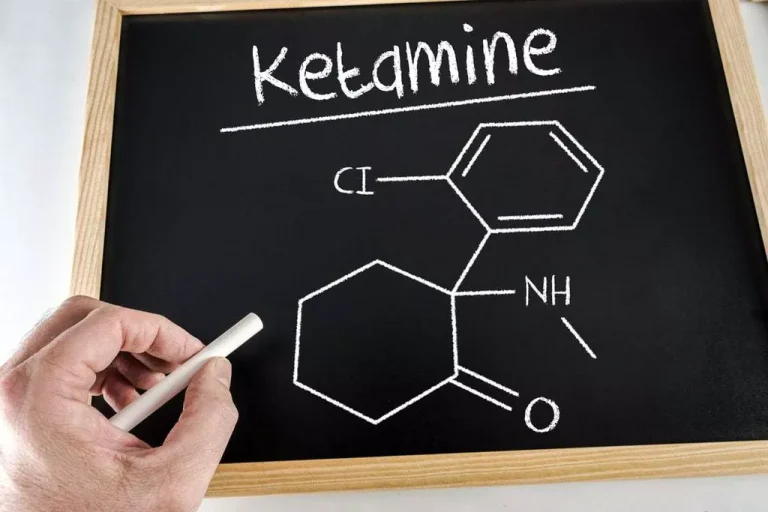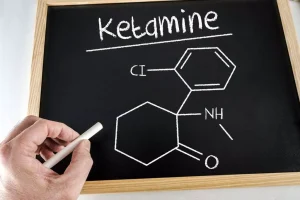
Indeed, NMDA receptors may be involved in sensitization to, tolerance of, and physical dependence on a variety of drugs, including opiates, nicotine, antidepressants and alcohol. NMDA receptor antagonists – in this case, MK appear to be able to “block” some of the pleasing effects of alcohol. In other words, MK-801 may lend itself to treatment possibilities by helping make alcohol less appealing to someone who has lost control of their drinking. This concept doesn’t reverse tolerance alcohol apply to every drug but is noteworthy in the context of substances like alcohol.
- Some long-term, heavy users are able to abruptly appear sober when they encounter a threat, such as that posed by law enforcement.
- Our medical staff includes an ASAM certified addiction psychiatrist & an addiction-trained primary care physician.
- Like liquor, sedatives such as Valium and Xanax has very similar effects on the body with regards to withdrawal and inebriation.
- It adds unpredictability to substance use, making it harder to know what amount will trigger intense effects.
- Chronic drinkers may damage their liver, making it harder for their body to process alcohol.
Symptoms of Reverse Tolerance
- An international survey was conducted in Nadi, Fiji among people working or on holiday.
- Our emphasis on rapid tolerance stems from its possible role as a predictor of the development of chronic tolerance (Khanna et al., 1991b; Rustay and Crabbe, 2004) and chronic cross-tolerance to other drugs (Bitrán and Kalant, 1993; Khanna et al., 1991b).
- The causes of reverse tolerance to alcohol include neurotransmitter imbalance, hormonal fluctuations, medications, sleep deprivation, and nutritional deficiencies.
- Acutely, a higher dose of alcohol causes a greater hypothermic effect, but the same magnitude of rapid tolerance is observed (Figure 3).
- This highly toxic substance is a major contributor to those dreadful hangover symptoms we all know and loathe – nausea, headache, that general “hit-by-a-truck” feeling.
Rapid cross-tolerance between alcohol and other drugs has also been observed using the tilt-plane test. This method involves gradually inclining a slightly textured plane until the animal is unable to maintain stability and slides from its starting position. The angle at which the animal begins to slide is used as a measure of motor impairment.
Drug Rehab
Reverse tolerance refers to an increase in response to a substance after consistent use (50). While reverse tolerance has been described for psychostimulants, nicotine, and alcohol (50–55), its occurrence for kava has apparently been mentioned only in anecdotal reports on blog posts (56–58). If it occurs, we do not know whether it reflects a direct pharmacological change or a learned appreciation for kava’s effects. After stopping regular heavy drinking, tolerance to alcohol will slowly decrease, which is known as healthy tolerance reversal, and after starting drinking heavily and regularly again it will develop faster than the first time 3.
Reverse tolerance (drug sensitization): definition, causes, symptoms, mechanism, and risks

Think of it as your DNA predisposing you to feeling the effects of alcohol more intensely. In addition, reverse alcohol tolerance may also be related to an increased risk of developing use disorders alcohol and other addictions. People who experience reverse sensitivity may be more likely to binge use alcohol to alleviate the negative effects of alcohol, which can lead to dependence and the development of long-term physical and mental health problems. Mental health disorders, such as depression or anxiety, can also increase sensitivity to alcohol and predispose a person to experience reverse tolerance.

Treatment Approaches for Those Experiencing Reverse Tolerance

By avoiding drug use, the body can reset its sensitivity, and tolerance levels can return to normal. For people trying to overcome addiction, it is essential to seek professional help, including pharmacological and behavioral therapies that can support recovery. If you or a loved one suffer from reverse tolerance to drugs or alcohol, reach out to our experts at Avenues Recovery so we can guide you on your path to sobriety. Our caring and dedicated staff have helped over 40,000 individuals break free of their addictions, and can help you too!
Dysgraphia: symptoms, types, causes, treatments
- Tolerance to the therapeutic effects of a drug means that the drug loses its efficacy over time and fails to produce the desired or expected health benefits to the individual.
- By understanding the underlying mechanisms and implementing strategies to reduce sensitivity, individuals can work towards developing a healthier relationship with alcohol and promoting overall well-being.
Minus the rare 2-drink night, I stayed sober all these years and I’m well into my 30s now. And there’s never been a time when anything was out of whack in my blood tests, and I’ve had a lot of ’em. The association between drinking variables and the severity and frequency of hangovers. Our staff are highly trained with dual mental health and substance use licensing.
Sensitization to Alcohol
Some long-term, heavy users are able to Drug rehabilitation abruptly appear sober when they encounter a threat, such as that posed by law enforcement. Increasing use and doses of stimulants can result in a number of psychological effects. Sometimes users pick at their skin (the ‘cocaine bug’) or crawl round the floor picking up imaginary insects. Some develop automated behaviour, for example repetitively taking a clock apart and putting it back together.

